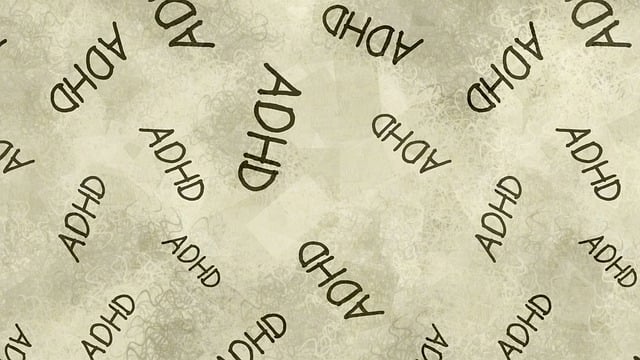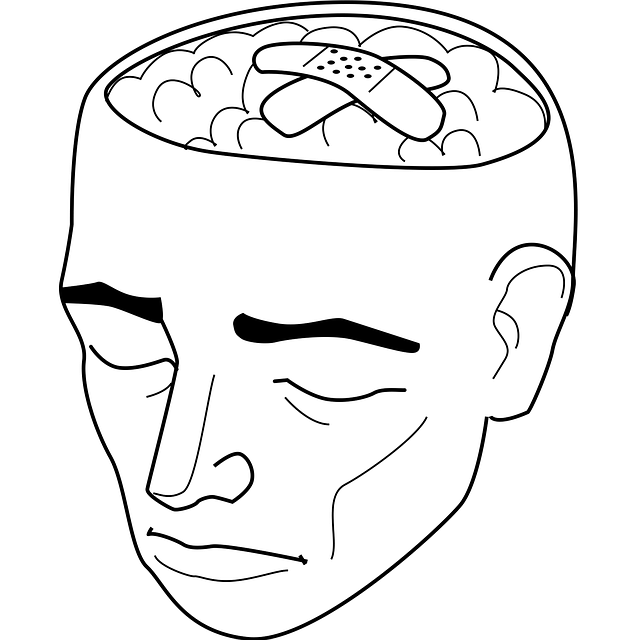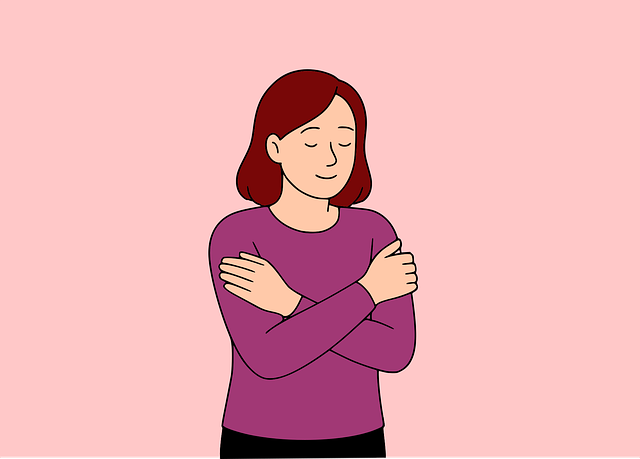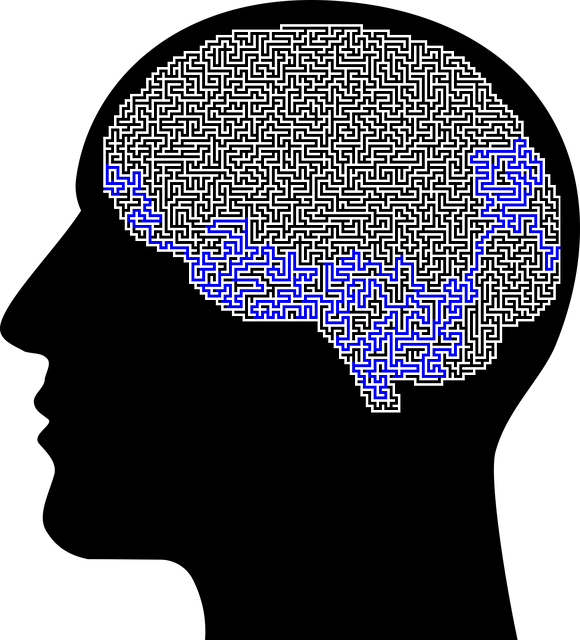Cultural sensitivity in mental healthcare, especially for Northglenn Panic Disorder and Anxiety Attacks, is key to positive patient outcomes. Therapists must navigate cultural differences to build trust and empathy, employing strategies like tailored coaching and culturally relevant coping skills. This respectful approach ensures accurate diagnoses, personalized treatment plans, and accessible services for all Northglenn residents with anxiety-related disorders, reducing stigma through education. Effective therapy requires culturally competent practices, understanding diverse backgrounds to create inclusive environments, and adapting techniques to support unique emotional healing processes.
Cultural sensitivity is a cornerstone of effective mental healthcare, especially in diverse communities like Northglenn. This article explores the importance of cultural competency, particularly in treating conditions like panic disorder and anxiety attacks, through a case study focusing on Northglenn’s unique demographic landscape. We’ll delve into how understanding cultural nuances can enhance therapy outcomes, offering insights into implementing culturally sensitive practices for optimal patient care.
- Understanding Cultural Sensitivity in Mental Healthcare
- Northglenn Panic Disorder and Anxiety Attacks: A Cultural Perspective
- Implementing Culturally Competent Practices for Effective Therapy
Understanding Cultural Sensitivity in Mental Healthcare

Cultural sensitivity in mental healthcare is a crucial aspect that can significantly impact patient outcomes, especially when addressing issues like Northglenn Panic Disorder and Anxiety Attacks Therapy. It involves recognizing and appreciating the diverse cultural backgrounds, beliefs, and practices of individuals seeking help. In a multicultural society, therapists must be adept at navigating these differences to foster an inclusive and supportive environment. This understanding is vital for building trust and empathy between therapist and client, which is essential for effective therapy.
By incorporating empathy-building strategies, mental wellness coaching programs development, and coping skills development tailored to individual cultural needs, therapists can enhance the overall therapeutic process. This approach not only respects the client’s identity but also empowers them to share their experiences openly, leading to more accurate diagnoses and personalized treatment plans. Cultural sensitivity is, therefore, a key component in ensuring that mental healthcare services are accessible, effective, and inclusive for all Northglenn residents facing anxiety-related disorders.
Northglenn Panic Disorder and Anxiety Attacks: A Cultural Perspective

In Northglenn, panic disorder and anxiety attacks are not merely medical conditions but are deeply influenced by cultural contexts. Understanding the unique experiences of diverse communities is crucial for effective therapy. The cultural perspective offers insights into how societal norms, beliefs, and historical factors can impact mental health expressions and responses to treatment. For instance, individuals from certain ethnic backgrounds may exhibit different symptoms or prefer specific therapeutic approaches due to their cultural values and practices.
Cultural competency training for healthcare providers is essential to navigate these nuances. By incorporating strategies tailored to the diverse populations they serve, mental health professionals in Northglenn can facilitate effective Northglenn Panic Disorder and Anxiety Attacks Therapy. This involves not only addressing the symptoms but also fostering a safe, inclusive environment that respects cultural differences. Mental illness stigma reduction efforts and promoting understanding through education can further support emotional healing processes for all individuals seeking help.
Implementing Culturally Competent Practices for Effective Therapy

In providing effective therapy for Northglenn residents suffering from panic disorder and anxiety attacks, mental healthcare professionals must embrace culturally competent practices. This involves a deep understanding and appreciation of diverse cultural backgrounds, beliefs, and values. By integrating this approach, therapists create an inclusive environment that fosters trust and encourages open communication. It allows individuals to express their unique experiences and concerns, ensuring personalized care tailored to their specific needs.
Culturally sensitive therapy goes beyond basic awareness; it requires professionals to actively adapt their techniques and interventions to respect and support diverse emotional healing processes. This might involve incorporating cultural references or rituals into therapy sessions, understanding the impact of systemic issues unique to certain communities, and being mindful of non-verbal cues. Such practices not only enhance therapeutic outcomes but also contribute to effective risk management planning for mental health professionals by reducing potential barriers and improving patient satisfaction and engagement in treatment.
Cultural sensitivity is a cornerstone of effective mental healthcare, especially in addressing conditions like Northglenn Panic Disorder and Anxiety Attacks. By incorporating culturally competent practices, therapists can create safe and inclusive spaces that resonate with diverse clients. This approach not only enhances the quality of care but also fosters deeper connections and more meaningful therapy outcomes. In light of the above, it’s crucial for mental health professionals to continually educate themselves and adapt their practices to better serve a wide range of individuals, ensuring that everyone receives the compassionate and effective treatment they deserve.








